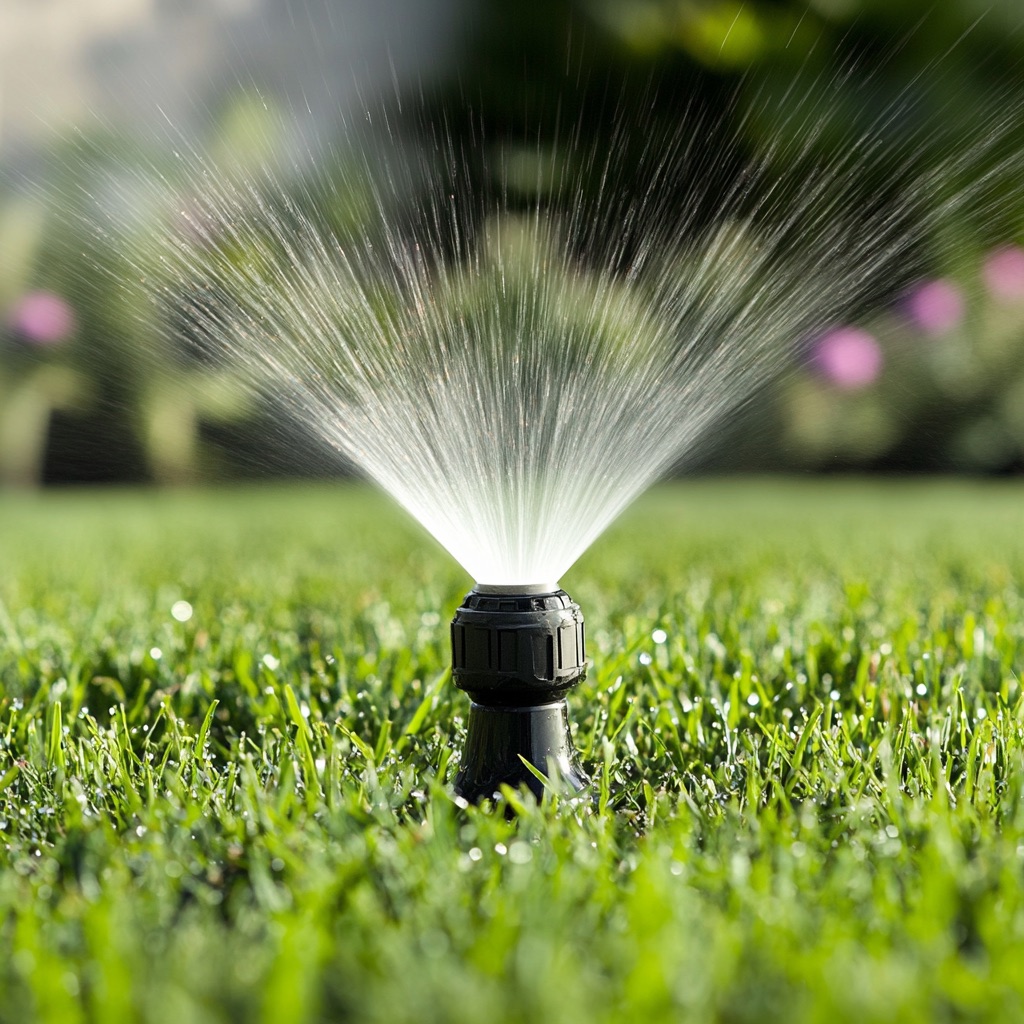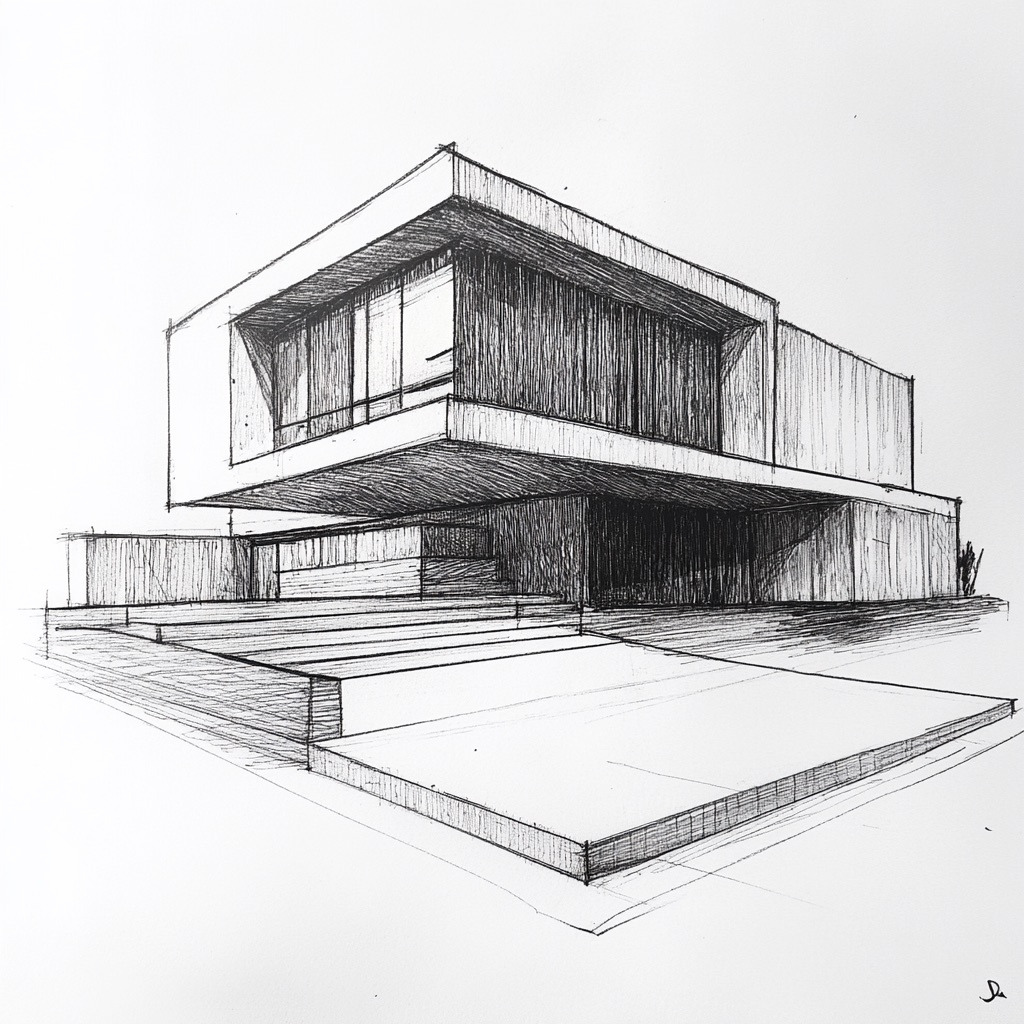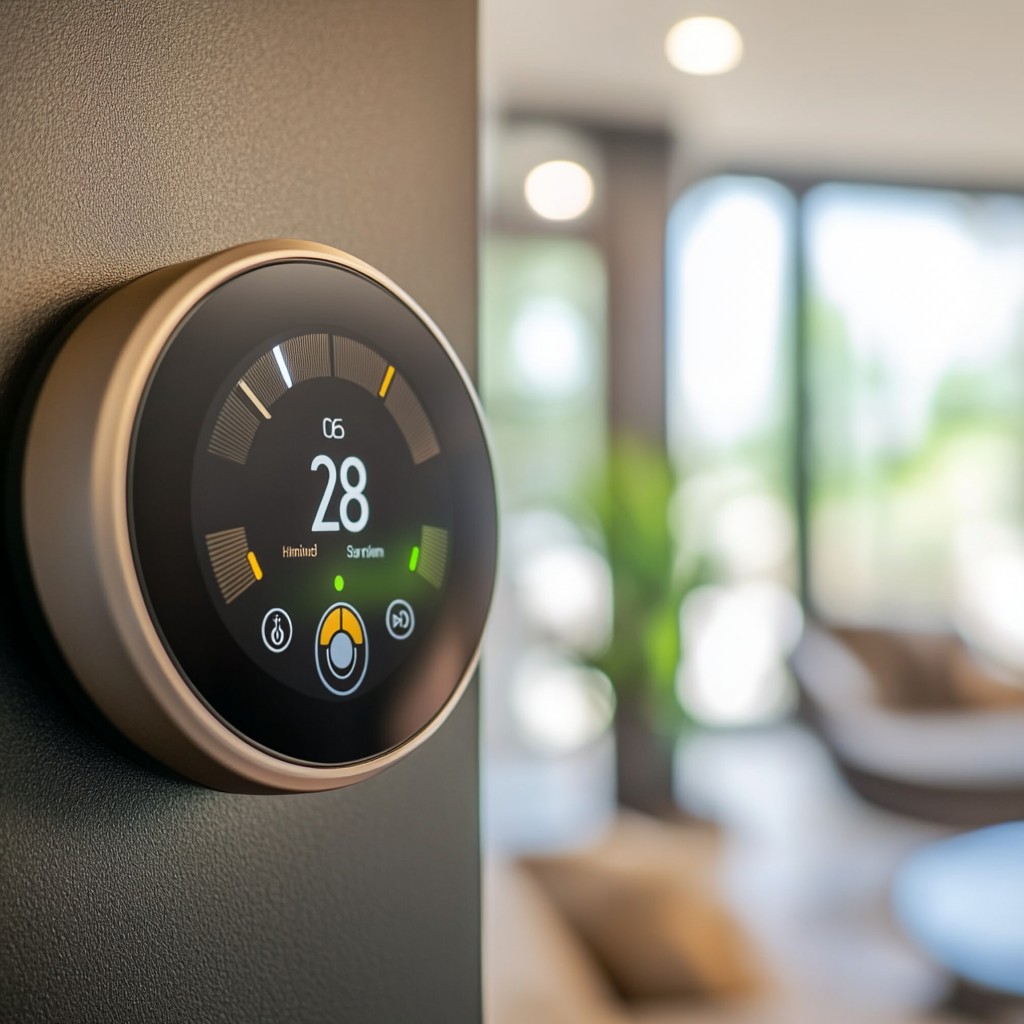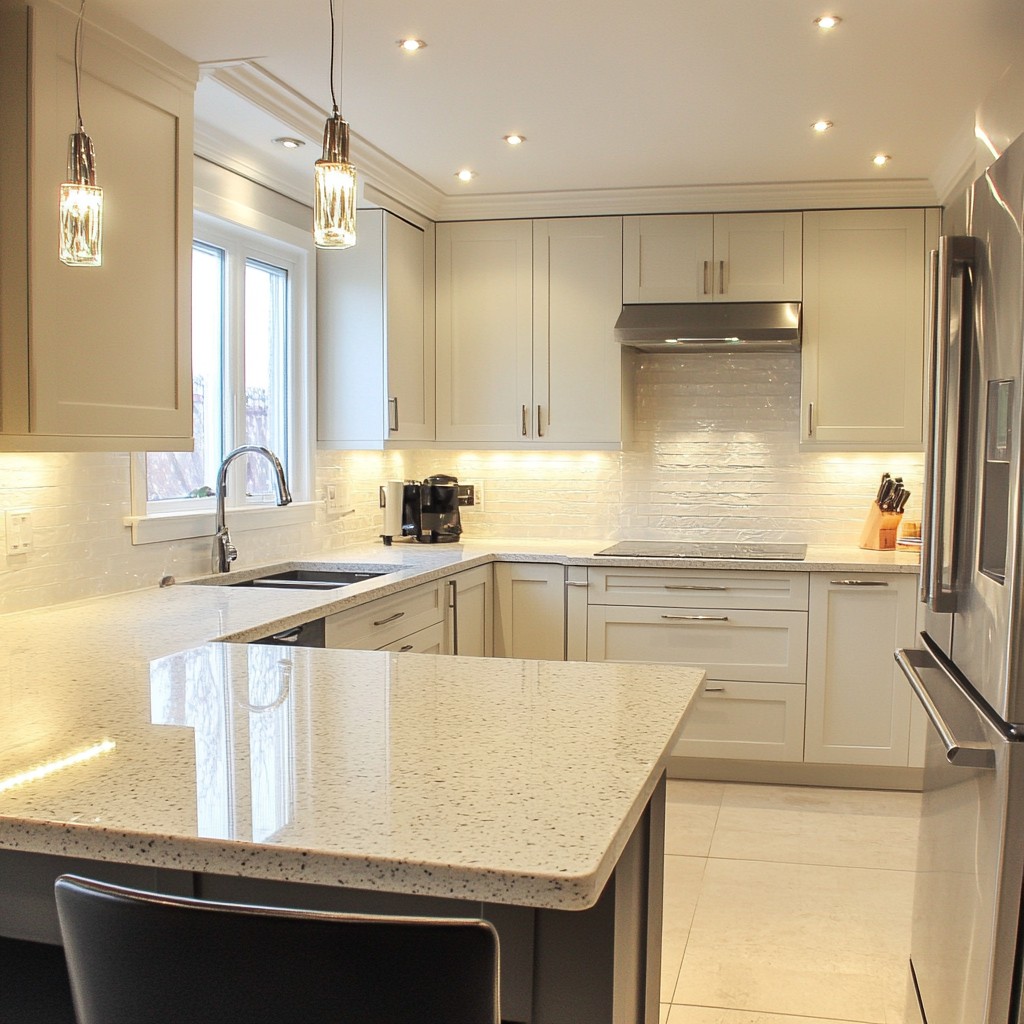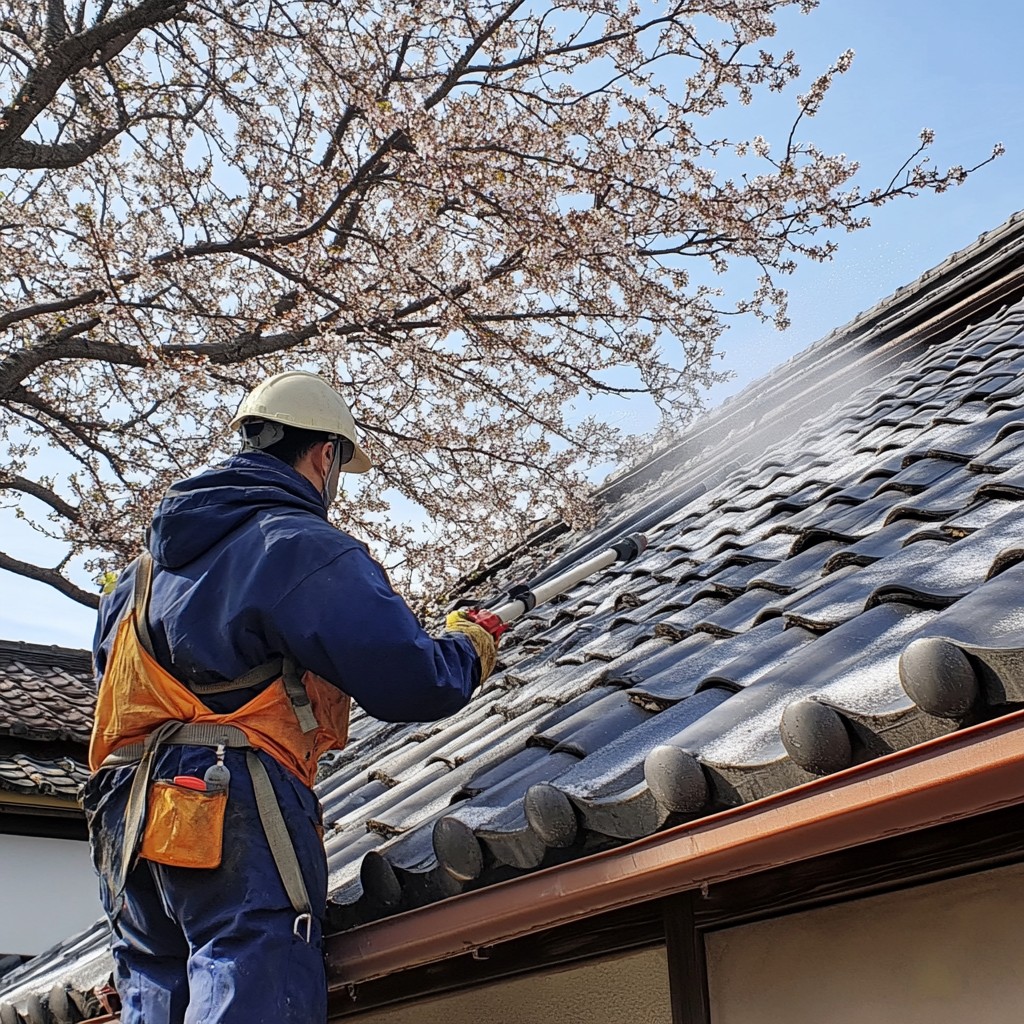Last updated on
Your home’s windows are more than just openings for natural light and ventilation; they are integral components that contribute to the overall comfort, energy efficiency, and aesthetic appeal of your living space. As such, the decision to replace them is not one to be taken lightly.
Before embarking on this renovation journey, it’s essential to delve into several key factors that can influence the outcome of your project. From understanding your specific needs and preferences to evaluating energy efficiency, material options, and budget considerations, each aspect plays a crucial role in ensuring the success of your window replacement endeavour.
So, let’s explore these factors in detail to help you make an informed decision that enhances both the beauty and functionality of your home.
Understanding Your Needs and Preferences
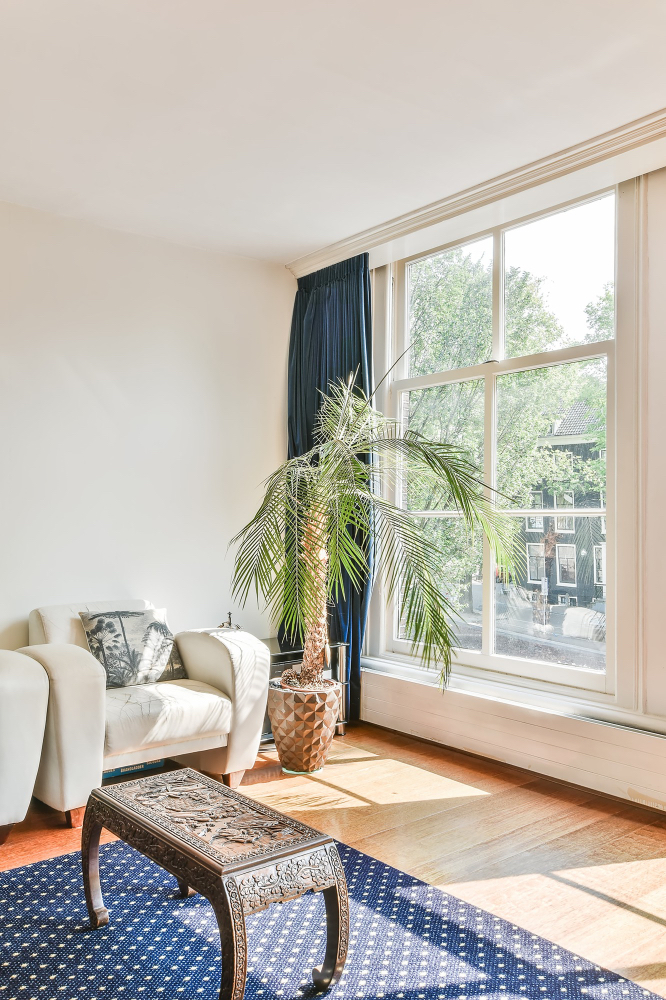
Before embarking on the journey of replacing your home’s windows, take the time to assess your needs and preferences. Consider factors such as the architectural style of your home, the amount of natural light you desire, and your maintenance preferences.
Additionally, think about any specific features you may want, such as noise reduction or enhanced security. For individuals contemplating commercial construction or renovation endeavours, ensuring top-notch execution not only for windows but also for other aspects of construction is crucial.
If you’re seeking expertise in this realm, you should for more information. By understanding your needs and preferences upfront, you can narrow down your options and make a more informed decision.
Evaluating Energy Efficiency
Energy efficiency is a critical factor to consider when replacing your windows, as it can significantly impact your home’s heating and cooling costs. Look for windows with high Energy Star ratings and features such as double or triple glazing, low-emissivity coatings, and insulated frames.
These features can help reduce heat transfer and improve the overall efficiency of your home. While energy-efficient windows may have a higher upfront cost, they can save you money in the long run through lower energy bills.
Assessing Material Options
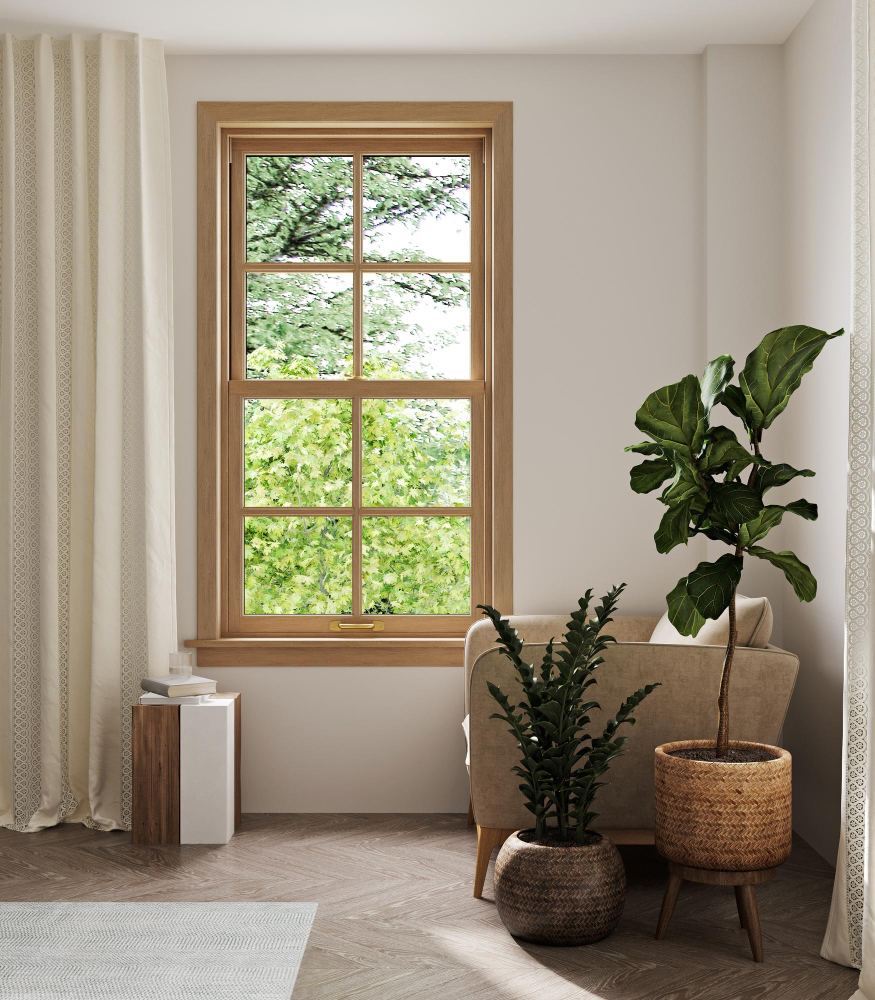
The material of your windows plays a significant role in their durability, maintenance requirements, and aesthetic appeal. Common options include vinyl, wood, fibreglass, and aluminium. Each material has its pros and cons, so it’s essential to weigh factors such as cost, durability, and aesthetic appeal.
For instance, Kitform aluminium windows offer a sleek and modern look, excellent durability, and low maintenance requirements, making them an ideal choice for many homeowners. Known for their strength, durability, and slim profiles, aluminium windows offer a contemporary aesthetic that complements modern architectural styles.
Considering Budget and ROI
Replacing your home’s windows is an investment, so it’s essential to consider your budget and the potential return on investment (ROI). While high-quality windows may have a higher upfront cost, they can add value to your home and potentially lower your energy bills over time.
Evaluate your budget carefully and prioritize features that offer the most significant benefits for your investment. Additionally, research local incentives and rebates that may help offset the cost of energy-efficient windows.
Replacing your home’s windows is a significant decision that requires careful consideration of several key factors. By understanding your needs and preferences, evaluating energy efficiency, assessing material options, and considering your budget and ROI, you can make a well-informed decision that enhances the comfort, aesthetics, and value of your home. Whichever option you choose, investing in high-quality windows is a decision you won’t regret.
Table of Contents
